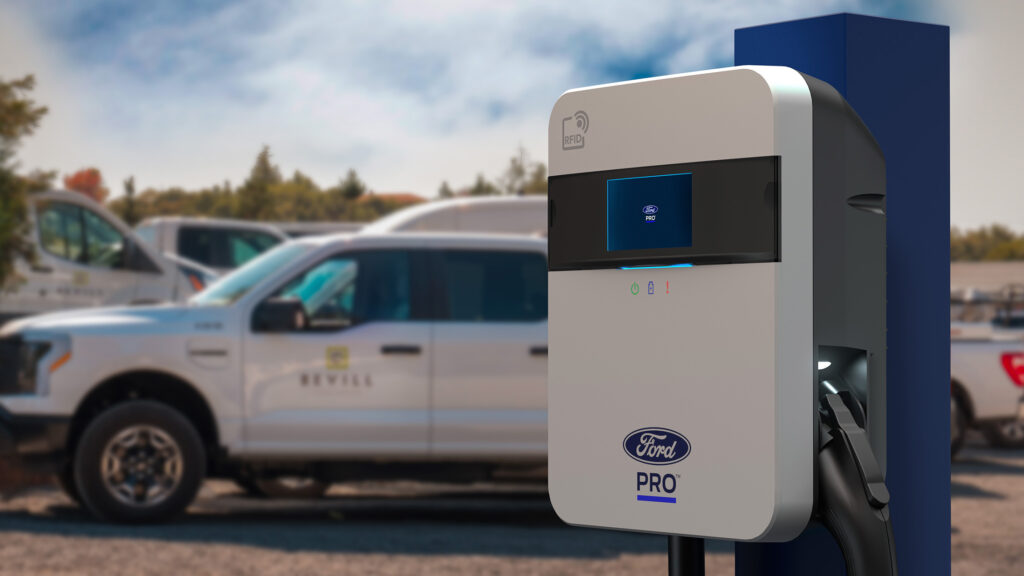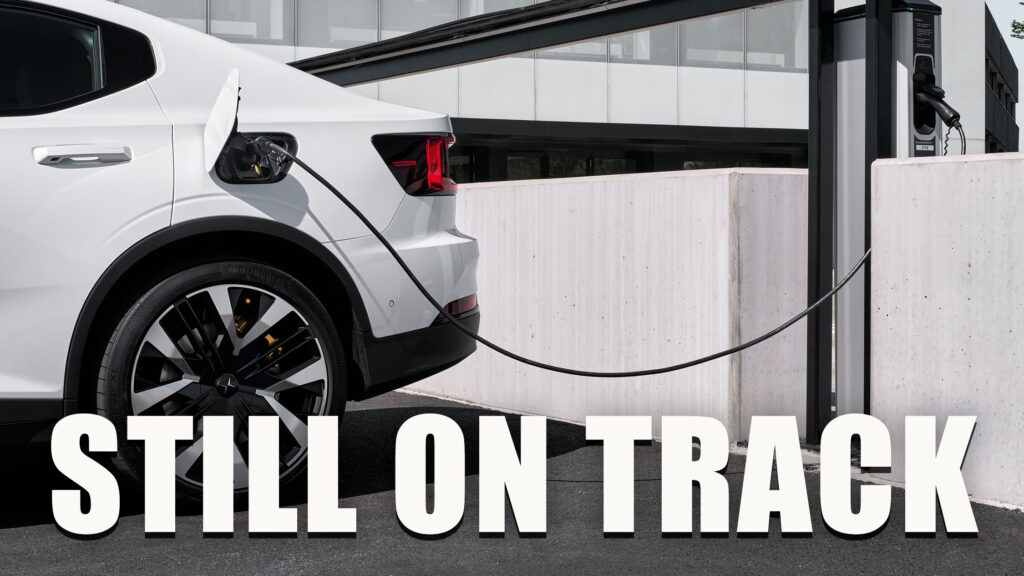- Global EV sales will hit 17 million in 2024, International Energy Agency (IEA) says
- Sales of electric cars totalled 14 million in 2023
- One in five cars sold will be a BEV, IEA predicts
A slowdown in demand for EVs won’t be enough to prevent 2024 being a bumper year for the technology, according to experts at the International Energy Agency, who say electric vehicle registrations will rise by more than 21 percent this year.
The IEA predicts that drivers will buy a record-breaking 17 million electric vehicles in 2024 around the world, 10 million of which will be sold in China. That 17 million figure represents a large increase on the 14 million EVs sold in 2023, meaning that one in five cars sold globally would be battery-powered.
Related: EV Sales Up 2.6% In US In Q1, But Growth Sputters. See The Best Selling Models
Not all nations and regions will be contributing equally to this growth, of course. IEA expects EVs to account for half of all car sales in China, but only one in four in Europe, where some subsidies have been phased out, and one in nine in America. In less wealthy, developing countries with patchy access to chargers, EV sales will be even less significant, while they will be the norm in countries that have legislated to prioritize electric cars. Four out of every five cars sold in Norway last year was battery-powered.
One of the barriers to even greater uptake of electric vehicles is their higher cost versus combustion-engined cars, even after price cuts instigated by the likes of Tesla, which reduced prices again this weekend to keep pace with Chinese rivals. But IEA says it expects EVs to cost the same as ICE-powered cars by 2030 as economies of scale are achieved and new, cheaper batteries allow automakers to reduce their manufacturing costs.

One knock-on effect of the increase in EV sales is of course a reduction in demand for oil used to power the combustion cars they’re replacing. IEA estimates that the world will reach peak demand for oil for road transport in 2025 and the need will be cut by one-tenth by 2035, Reuters reports. Demand for chargers, on the other hand, will skyrocket. IEA says the world’s charging network needs to grow six-fold by 2035.




